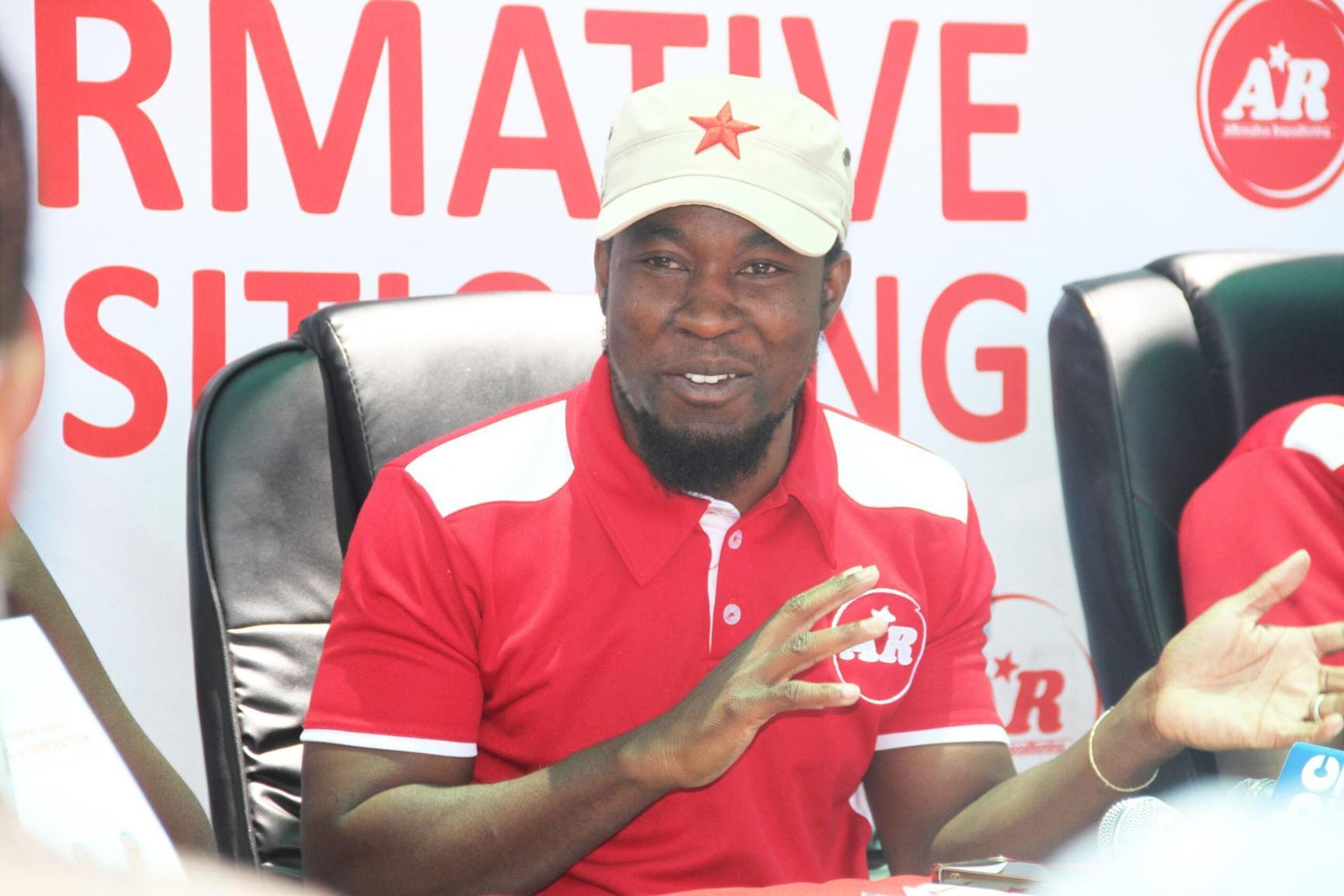Africa-Press – Namibia. The leader of Affirmative Repositioning (AR) Job Amupanda has called on the government to consider the development of a brand-new city to ease the growing pressure on Windhoek, Namibia’s capital.
Speaking during the State of the Nation address last week, he projected that by 2041, Windhoek could be home to over 800 000 residents.
With an annual influx of more than 10 000 people, the city’s population is expected to grow significantly.
Amupanda warned that attempting to resolve Windhoek’s urban challenges without accounting for these demographic realities would be futile.
“A courageous dog may bark and chase a moving vehicle – but eventually, it must realise it cannot catch it,” he said.
He used this metaphor to underscore the ineffectiveness of reactive policies in the face of sustained urban growth.
“In 35 years, we haven’t built a single new city. What we’ve done is merely upgrade villages into towns without proper urban planning or visionary design. Most of these upgrades were nothing more than trade centres elevated in name only. It’s time we build a new Namibian city from concept and planning to full implementation,” Amupanda said.
He envisioned a modern city, born out of freedom and designed with purpose, African creativity and the needs of a growing population in mind.
He proposed Cape Fria in the Kunene region as the ideal location.
He cited its potential as a strategic logistical hub.
He noted that the area boasts pristine beaches, breathtaking scenery, rich cultural tourism potential and the opportunity to develop special economic zones alongside a new port.
Amupanda drew comparisons to international examples, such as Putrajaya in Malaysia, conceived in 1995 and officially established by 2001.
The other is Abuja in Nigeria, which was built in the 1980s to replace the congested Lagos.
He said Namibia finds itself in a similar context, and should follow suit with bold urban planning.
In addition to his call for a new city, he raised concerns over Namibia’s continued monetary dependence on South Africa.
“In April 1990, the Namibian Economic Policy Research Unit (NEPRU) hosted a workshop on monetary independence. [Then-] finance minister Otto Herrigel and central bank governors from across the Southern African Development Community region participated. At the time, the pegging of the Namibia dollar to the South African rand was meant to be temporary – just for a few months,” he said.
“Thirty-five years later, we are still bound. South Africa’s economic troubles continue to impact us directly. What is the plan to achieve fiscal sovereignty and reduce this unpredictable reliance? What happens if South Africa’s political dynamics change drastically, if right-wing forces take over and delink the rand? How are smaller countries like Lesotho and Eswatini, which are more economically- tied to South Africa than we are, managing with their own currencies?” Amupanda questioned.
He addressed Namibia’s spending on international institutions and rating agencies, questioning the country’s financial priorities.
“Namibia’s agony with the International Criminal Court (ICC) is well-known both at home and abroad. In your previous role, you embodied this frustration, especially with how the ICC has been used to the detriment of African and smaller nations. Why, then, when we are struggling with resources, are we allocating over N$1 million to the ICC in this year’s budget? Shouldn’t this money be redirected to address more pressing needs for our people?” Amupanda argued.
He further questioned Namibia’s financial relationship with two United States-based credit rating agencies.
“We are paying over N$2 million to Moody’s and Fitch. Why are we using public resources to fund these neoliberal institutions? Even if they were necessary, which we doubt, why not choose one instead of paying both for the same service? Let us not forget that Moody’s played a role in the 2008 global financial crisis, and Fitch is a private company owned by the Hearst family,” he advocated.
For More News And Analysis About Namibia Follow Africa-Press






